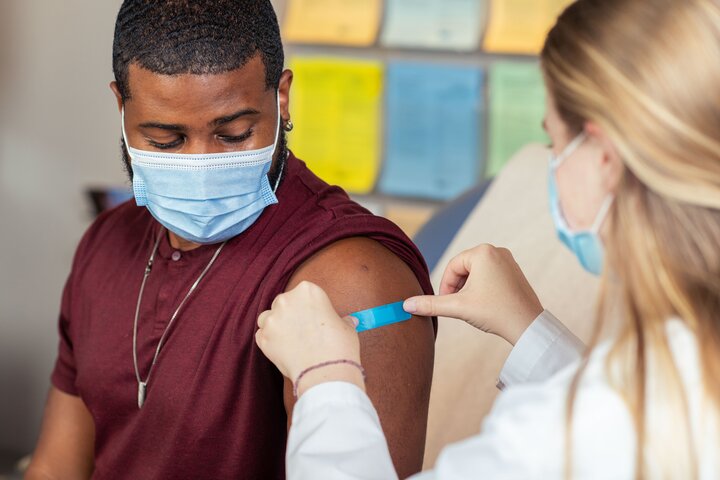
Each year, many individuals grapple with whether to receive the flu vaccine. The University Health Center addresses frequently asked questions about the flu shot.
Does the flu vaccine work?
The yearly influenza vaccine stands as the most effective defense against this illness. While it can't guarantee absolute immunity from the flu, it significantly reduces the severity of the virus if contracted.
I had the flu shot last year. Why do I need it again?
Annual vaccination is necessary because the flu virus evolves rapidly, and the protection provided by the previous year's vaccine diminishes over time. Even if you received a flu shot last year, it's essential to get another one this year.
What are the benefits for me?
Receiving your yearly influenza immunization substantially lowers your risk of experiencing severe complications from the flu. Roughly 10% to 15% of those contracting the flu develop secondary infections like bronchitis, sinusitis or ear infections. Preventing the flu also averts these additional health issues. Last year, the Centers for Disease Control and Prevention reported over 700,000 hospitalizations due to influenza-related illnesses.
I'm young and healthy, so why should I get the flu shot?
When you obtain your annual influenza vaccination, you safeguard yourself and protect your loved ones and fellow students on campus at higher risk of serious complications. Infants, older adults, and individuals with weakened immune systems face more significant risks from the flu, including pneumonia and fatalities.
What if I can't afford the flu vaccine?
Flu shots are free for students. The University Health Center offers free drop-in flu shot clinics throughout October and early November. If you can’t make it to a clinic, schedule an appointment with us.
Can I receive the flu shot if I am immunocompromised?
If your immune system is compromised due to conditions like HIV, organ transplantation or pregnancy, you can still receive the inactivated flu shot.
What if the flu shot makes me feel sick?
While the flu shot cannot cause the flu, some individuals may experience mild muscle aches or a low-grade fever for a day or two following vaccination. However, these symptoms are minor compared to the flu, which can lead to high fever and severe muscle pains.
To learn more about how students can get a free flu shot, visit Flu Shots | University Health Center (unl.edu).